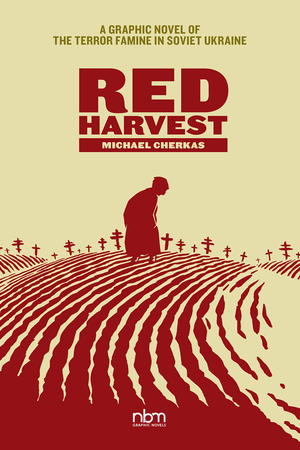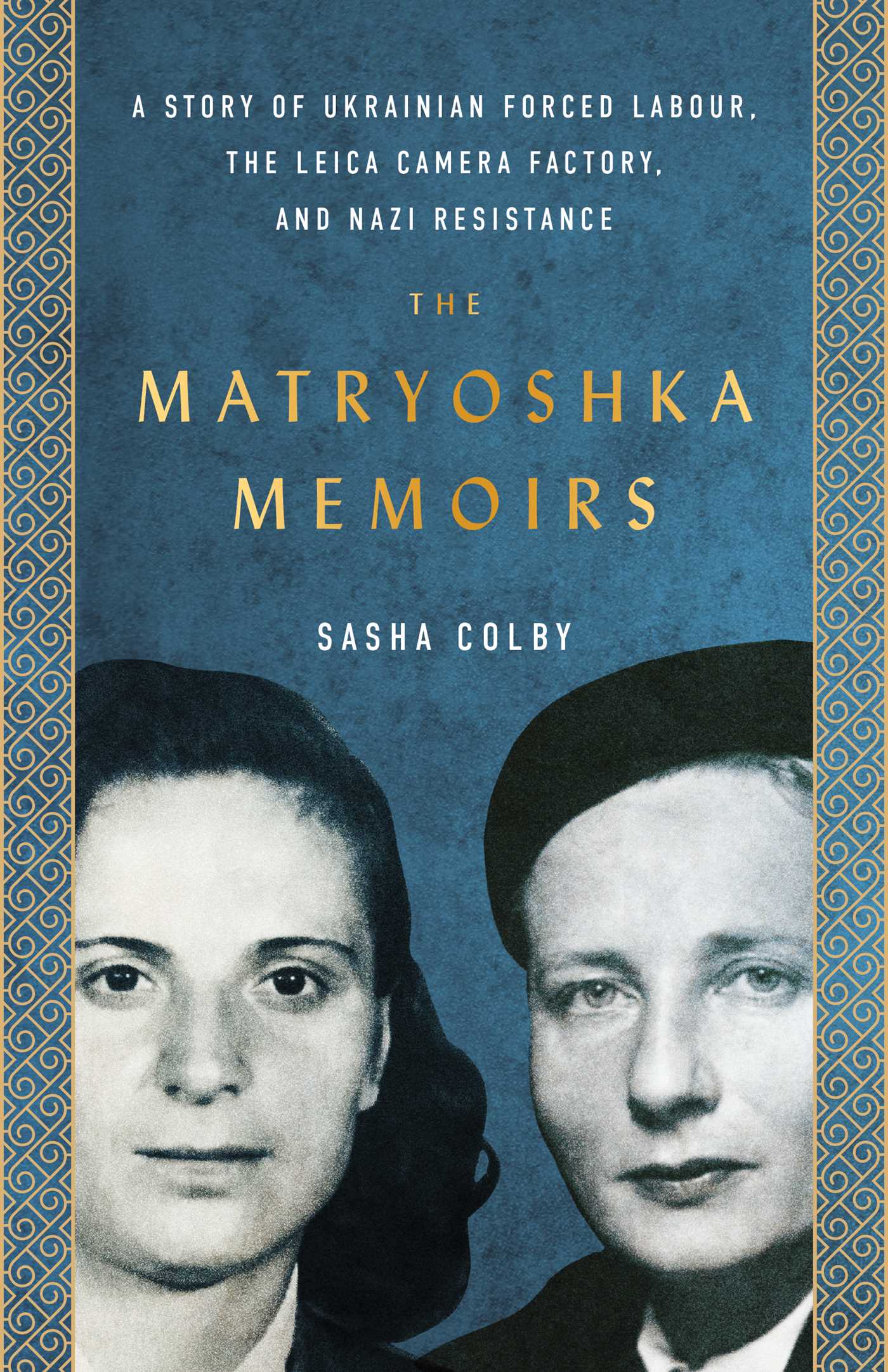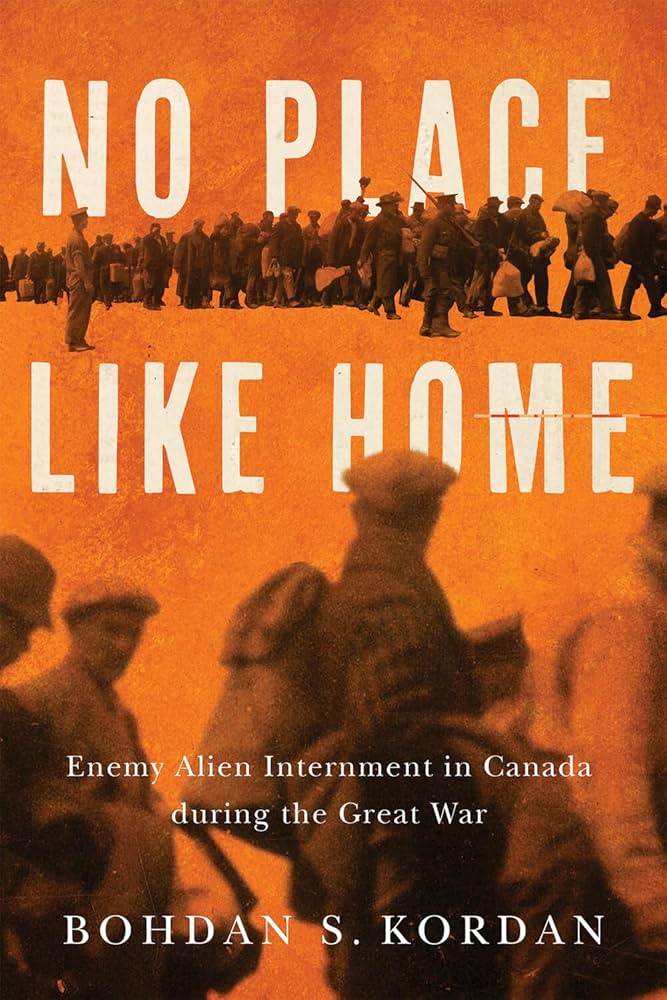The Ukrainian Canadian Foundation of Taras Shevchenko is pleased to announce the shortlisted titles for the 2026 KOBZAR Book Award.
Presented every other year, the $25,000 KOBZAR Book Award recognizes outstanding contributions to Canadian literary arts by authors who write on a topic with a tangible connection to Ukrainian Canadians. Since settling in Canada over 130 years ago, Ukrainians have continued to make a significant contribution to shaping the Canadian mosaic. This Award honours the fascinating and diverse stories that spotlight the Ukrainian Canadian cultural legacy.
This year’s KOBZAR Book Award entries include biography, non-fiction, and graphic novel.
This year’s jury is composed of Kay Rollans (Managing Editor, Brush Education), Niigaan Sinclair (author and professor, University of Manitoba), and Myrna Kostash (author and winner of the KOBZAR Book Award 2024). Our jury is thrilled to highlight these unique titles,that recognize the complexities and depth of the Ukrainian Canadian experience.
The shortlisted titles for the 2026 KOBZAR Book Award are:
by Michael Cherkas
NBM Publishing
Based on the events of the Holodomor that took place in Soviet Ukraine and other parts of the Soviet Union from 1929 to 1933, Cherkas drives home the cost of resisting Stalin and the ruling Communist Party through the memories of Mykola Kovalenko—a famine survivor who emigrated to Canada. In Red Harvest the reader is witness to the horrors that Kovalenko, his and fellow villagers faced in the “breadbasket of Europe” as they struggled—not only to make sense of the arbitrary and brutal war that was being waged against them—but, ultimately, to survive.
This previous Russian aggression in Ukraine is lamentably relevant as we witness the horrors unfold in the current Ukrainian war.
by Sasha Colby
ECW Press
Irina Nikifortchuk was 19 years old and a Ukrainian schoolteacher when she was abducted to be a forced laborer in the Leica camera factory in Nazi Germany. Eventually pulled from the camp hospital to work as a domestic in the Leica owners’ household, Irina survived the war and eventually found her way to Canada.
Decades later, Sasha Colby, Irina’s granddaughter, seeks out her grandmother’s story over a series of summer visits and gradually begins to interweave the as-told-to story with historical research. As she delves deeper into the history of the Leica factory and World War II forced labor, she discovers the parallel story of Elsie Kühn-Leitz, Irina’s rescuer and the factory heiress, later imprisoned and interrogated by the Gestapo on charges of “excessive humanity.”
by Bohdan S. Kordan
McGill-Queen’s University Press
No Place Like Home chronicles a little-known episode in Canada’s national history: when internment was first employed during the Great War under the War Measures Act.
Highlighting the problem of immigrant fit and belonging, Bohdan Kordan shows how legal, political, and cultural frameworks modelled an understanding of the role and place of immigrants originating from enemy lands and how, amid the economic, social, and political uncertainties of war, internment as an instrument of security policy and a political choice altered the lives of thousands of innocent people. No Place Like Home brings to the fore new perspectives on both Canadian internment and the role and responsibility of government in war.
The 2026 KOBZAR Book Award will be presented on March 26, 2026, at a ceremony in Winnipeg, Manitoba, at the Canadian Museum for Human Rights.
The KOBZAR Book Award Jury


Kay Rollans is an acquisitions editor at University of Alberta Press. She has worked in and around independent Canadian publishing for ten years, including at the Book Publishers Association of Alberta, at Brush Education, and as a freelance editor. She serves on the board of the Association of Canadian Publishers and is a past vice-president of the Coalition for Diversity of Cultural Expressions. She currently lives in Mohkinstis — Calgary, Alberta.




